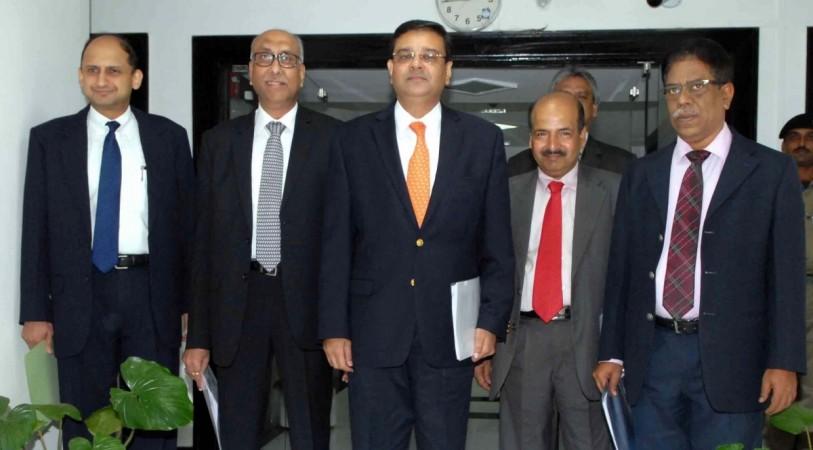
On a day marked by swift developments, the Reserve bank of India (RBI governor Urjit Patel quelled rumours of his resignation by announcing a board meeting on November 19. It has been reported that the board meeting will discuss issues that triggered a conflict with the government.
Earlier in the day, reports said the centre had invoked a very rare measure to bring Patel in line.
It was reported that the government used Section 7 of the RBI Act 1934 to facilitate discussions with the RBI leadership on issues over which both the sides differ. This section, which has never been used before, gives the government the right to issue directions to the RBI on matters of public interest.
The government has apparently issued instructions to the RBI on matters such as liquidity at NBFCs, capital requirement for weak banks and lending to SMEs.
"The Central Government may from time to time give such directions to the Bank as it may, after consultation with the Governor of the Bank, consider necessary in the public interest," says the Section, which deals with the 'management' of RBI'.
The RBI-government tussle came to a head when Deputy Governor Viral Acharya went public with demands for ensuring the central bank's independence and autonomy. In a controversial speech Acharya warned the government of the wrath of the financial markets if it tried to force its way into the policy making process at the RBI.
Acharya had also called for more powers for the central bank so that it can effectively supervise public sector banks and ensure their balance sheet health.
The rare public statement by a senior RBI official might have been prompted by the government intervention using the Section 7.
As the government-RBI row escalated, CNBC TV 18 reported on Wednesday that governor Patel could resign, citing sources. There was no response either form RBI or the government but the rumour sparked a sell-off in the rupee and bonds.
Finance ministry statement
However, later in the day, the finance ministry issued a statement that said the government will uphold the central bank's autonomy.
"The autonomy of the central bank, within the framework of the RBI Act, is an essential and accepted governance requirement. Governments in India have nurtured and respected this," the statement said.
On Tuesday, Finance Minister Arun Jaitley launched a scathing attack on the central bank, saying it was responsible for the lending spree between 2008-2014. He said the RBI did not take measures to intervene, resulting in the huge bad debt problem at banks.

















